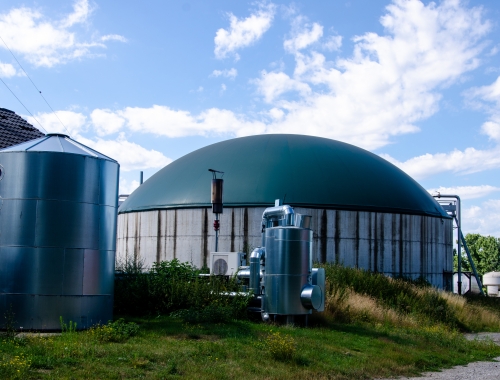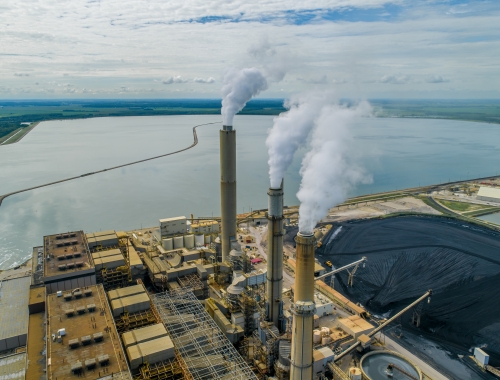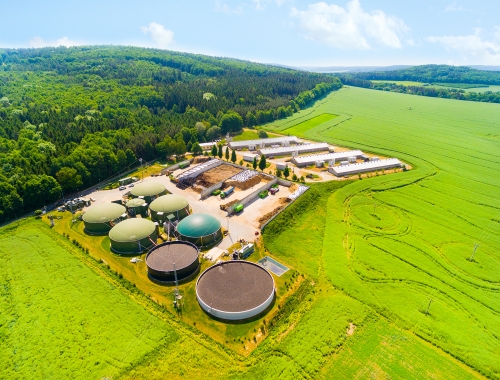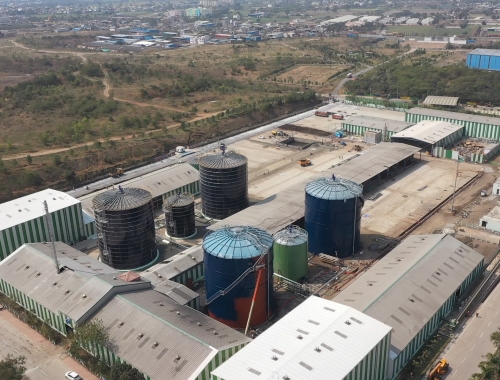Canadian GHG emissions down 8.9% in 2020
SUMMARY
A large part of the reduction can be traced to economic restrictions stemming from Covid-19.
By Dale LunanPOSTED IN:
Canadian greenhouse gas (GHG) emissions fell by some 66mn mtCO2-equivalent (mtCO2e) in 2020, according to Canada’s National Inventory Report filed with the UN Framework Convention on Climate Change on April 14.
Total GHG emissions in 2020 were estimated at 672mn mtCO2e, down 9.3% or 69mn mtCO2e from 2005 and 8.9% lower than total emissions of 738mn mtCO2e in 2019.
The emergence of the Covid-19 pandemic in March 2020 had a measurable impact on emissions, Canadian environment minister Steven Guilbeault said.
“For example, the 27mn mt drop in transportation emissions is in large part due to the fact many people stopped driving and flying during provincially mandated lockdowns,” he said. “So we must be mindful that overall emissions are likely to rebound to a degree.”
Still, emissions from stationary combustion were 6.8%, or 22mn mtCO2e lower in 2020 compared to 2019, while fugitive emissions – largely methane – fell by 17mn mtCO2e year-on-year, a decline of 25%.
Within the stationary combustion category, Guilbeault said, emissions from power generation fell by 7mn mtCO2e from 2019, as provinces across the country, notably Alberta, phased out coal-fired generating units.
“The phasing-out of coal is a major plank of our government’s Emissions Reduction Plan, as there is still great potential to tackle pollution in electricity generation further, with the continued transition to non-emitting electricity,” he said.
Comprising the decline in fugitive emissions were declines of 11mn mtCO2e from vented methane and 5mn mtCO2e from leaks in oil and natural gas production and processing facilities.







